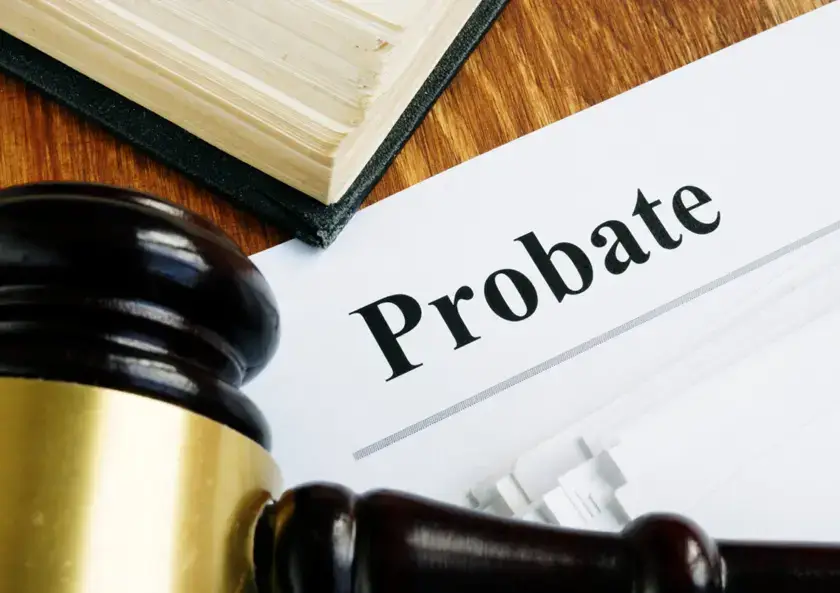A living trust is similar to a Last Will and Testament in terms of estate planning popularity. If you are debating on including a living trust into your personal estate plan or are finding yourself to be the beneficiary of a living trust, you may have questions as to how the trust works. An example of a question is that you may wonder how to terminate the living trust. Our team is here to help explain how a living trust is terminated to residents of Godfrey, IL.
 What Exactly is a Living Trust
What Exactly is a Living Trust
The person who creates a trust can be referred to as a “Grantor”, “Trustor”, or a “Settlor”. This person helps transfer property to a Trustee, which is appointed by the Settlor. This Trustee holds that property for the trust’s beneficiaries as well as invests trust assets and administers the trust terms according to the terms created by the Settlor. The trust can fall into one of two categories, either a living trust or a testamentary. A testamentary trust is created by a provision in the Settlor’s Will at the time of their death. This differs from a living trust which starts once all formalities of the trust are in place and the trust is properly funded. Living trusts can also be divided further into irrevocable and revocable living trusts.
How and When Does a Living Trust Terminate?
To terminate a living trust depends on the type of trust that is being terminated. If the trust is a revocable living trust or a testamentary trust, the Settlor has the authority to terminate the trust at any time and for any possible reason. However, if the trust is an irrevocable living trust, the Settlor doesn’t have the authority to terminate the trust after it is put in place.
The terms of a trust can dictate when the trust will terminate by including specific dates on which the trust is to end or by including an event that causes the trust to then become terminated. The Settlor might include a term that requires the trust to end upon the marriage of the trust’s only beneficiary or upon the youngest beneficiary reaching a particular age. Another one might terminate if the Settlor gave the Trustee the discretion to terminate the trust when the purpose of the trust has been fulfilled, or when the assets have diminished to a point at which the trust can no longer serve its full purpose.
Can an Irrevocable Living Trust Terminate?
If it is an irrevocable living trust, terminating it may be more complicated. If the trust has a built-in termination date or a provision, these could be easy ways to terminate this trust. However, if neither of those is the case, it may be necessary to turn to a court to get the trust terminated. This also is true if the trust does include a termination date, but you would like to end it sooner. A court always has the authority to terminate or modify a trust. However, you will need to provide the court with compelling reasons as to why it should be terminated. An example of common reasons why a judge approves terminations of an irrevocable living trust can include depletion of assets or that the purpose of the trust is impossible to fulfill.
The state of Illinois has recently enacted new legislation that established the Illinois Trust Code. If you have an existing trust, make sure that you consult with an experienced trust attorney to see how the new code impacts your trust in any way.
If you are in need of a trusted trust attorney, give our team at Diaz Law a call today!




 What Exactly is a Living Trust
What Exactly is a Living Trust
